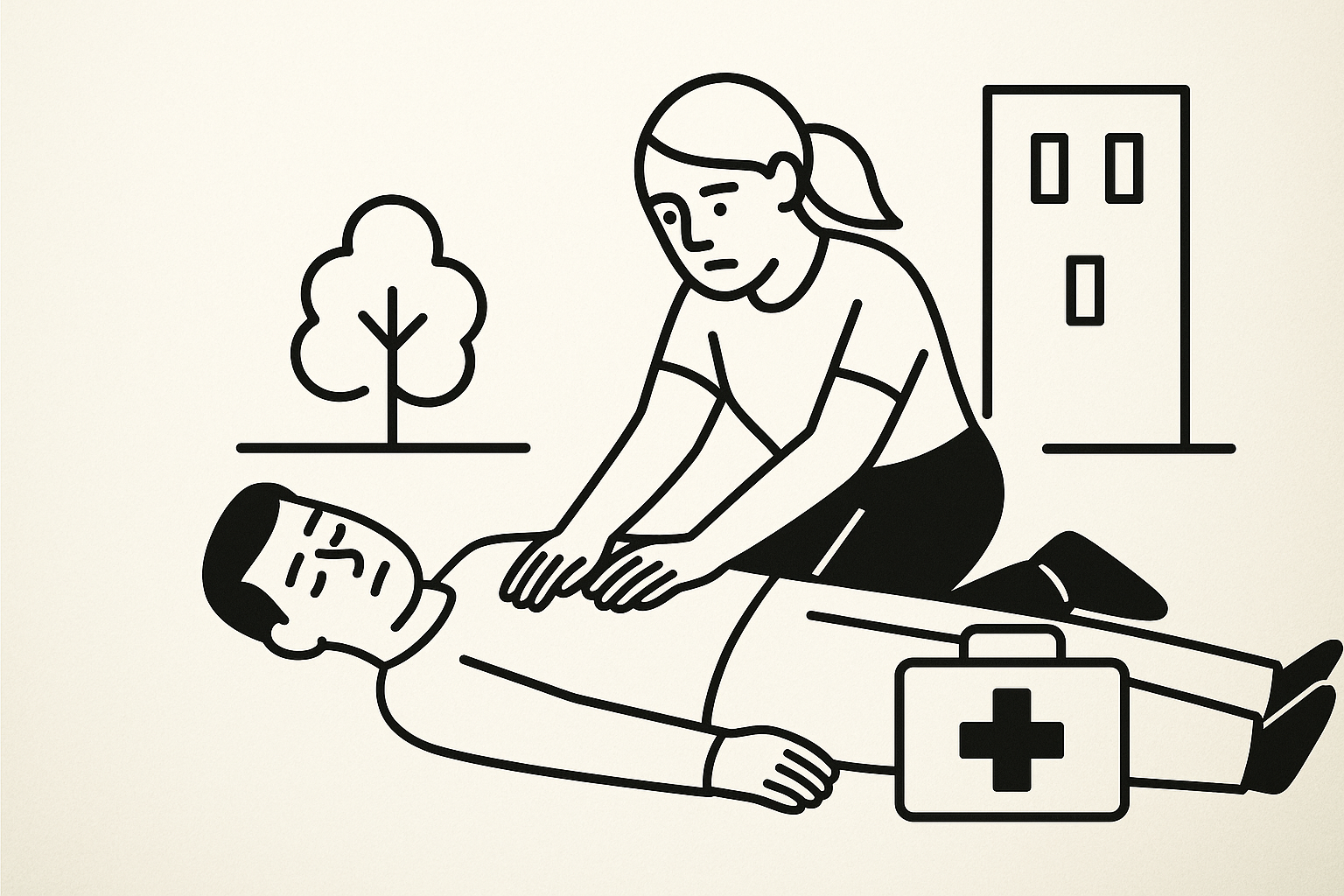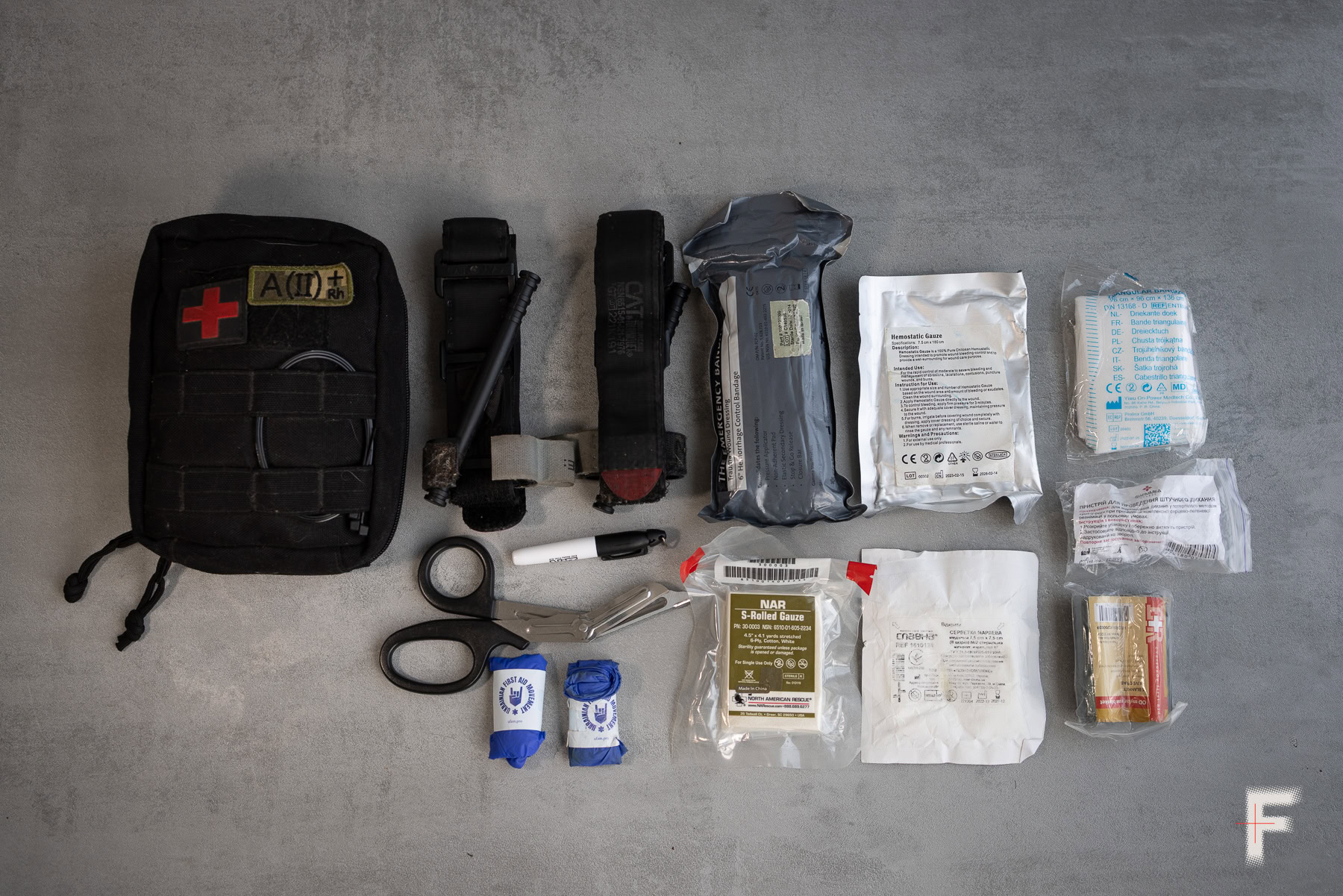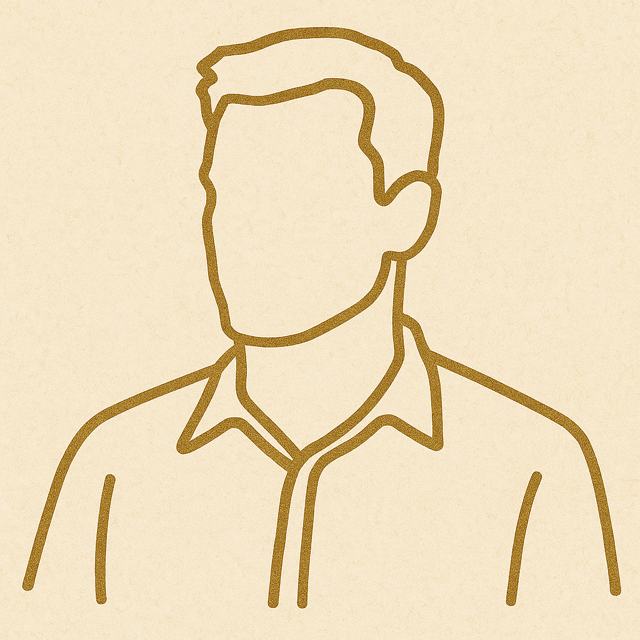

Emergency first aid in wartime: knowledge that saves lives
The Ukrainian Ministry of Health has updated its guidelines on emergency first aid for civilians, stressing the importance of regular training and free course availability. Officials state that even basic actions in cases of bleeding, burns or other injuries can save lives before medics arrive. Meanwhile, the online platform Prometheus continues enrollment for its course “First Aid in Wartime Conditions” which has already been completed by thousands of Ukrainians. Frontliner explains what everyone should know – and how to keep improving these life-saving skills.
What is first aid?
It is a set of actions aimed at preserving a person’s life and health before an ambulance arrives. These are the first steps in cases of injuries, wounds, loss of consciousness or cardiac arrest.
Applying a tourniquet to stop bleeding, performing basic resuscitation, or providing help for burns are not necessarily the responsibility of doctors. Such actions can be carried out by trained civilians, police officers, volunteers or anyone who has taken the proper training.
Ukraine’s Health Ministry stresses that in wartime, time itself becomes a weapon. A massive bleed can take a life in minutes, long before an ambulance has any chance of breaking through shelling or rubble. That is why knowing even the simplest first-aid steps is no longer optional. For civilians, it has become a skill of survival.
Where does one learn? Courses and training sessions!
One of the most popular resources is the free online course First Aid in Wartime on the Prometheus platform. Instructors walk participants through how to respond to bleeding, burns, loss of consciousness or cardiac arrest. The program includes video lessons, practical tasks and ends with a certificate, but its real value lies in knowledge that can save lives.
The Health Ministry and the Ukrainian Red Cross also run in-person trainings, often free of charge. These sessions focus on hands-on practice: applying tourniquets, performing CPR, treating burns and responding to blast injuries. The Red Cross stresses that such training is not just for soldiers. Civilians face the same risks, and preparation can mean the difference between life and death.


Basic steps in a medical emergency
Ukraine’s Ministry of Health outlines a simple algorithm for civilians facing life-threatening situations:
- Check your own safety. Only approach if there is no immediate danger.
- Assess the victim. Is the person conscious? Are they breathing?
- Call emergency services. Dial 103; in some cases also 101 or 102.
- Stop the bleeding. Apply a tourniquet above the wound or use tight bandaging. If nothing is available, press directly on the wound.
- Clear the airway. If unconscious, remove obstructions from the mouth, tilt the head back and lift the chin.
- Begin CPR. If the heart has stopped, start chest compressions at 100–120 per minute.
- Monitor the condition. If unconscious but breathing, place the person on their side in the recovery position.
The Health Ministry stresses: even these basic actions can buy the time needed for professional medics to arrive, a critical difference in war conditions where every minute counts.
Continuous practice and readiness to act
Instructors of the Prometheus course stress that one training session is not enough. To respond effectively in a critical situation, skills need to be practiced regularly. Under stress, the body reacts differently, and conscious thought can slow. Action comes only from well-rehearsed movements.
The Ministry of Health recommends attending refresher courses or reviewing training materials regularly. The Red Cross also advises updating skills in line with current protocols, including new techniques for controlling bleeding or performing resuscitation.
Regular practice in first aid is both a responsibility and a safeguard. A well-prepared citizen can help save their own life, the lives of family members, or even a stranger nearby.
Adapted: Kateryna Saienko
***
Frontliner wishes to acknowledge the financial assistance of the European Union though its Frontline and Investigative Reporting project (FAIR Media Ukraine), implemented by Internews International in partnership with the Media Development Foundation (MDF). Frontliner retains full editorial independence and the information provided here does not necessarily reflect the views of the European Union, Internews International or MDF.



